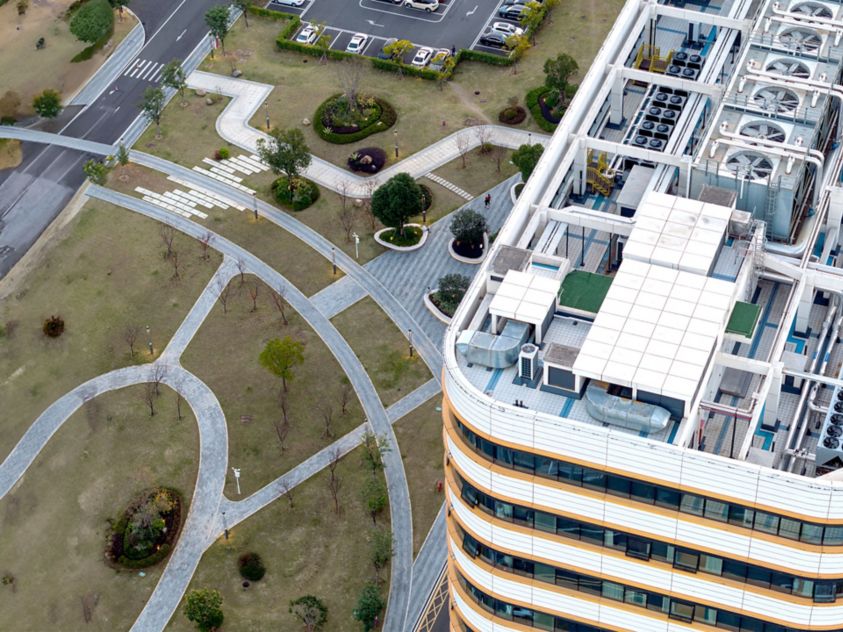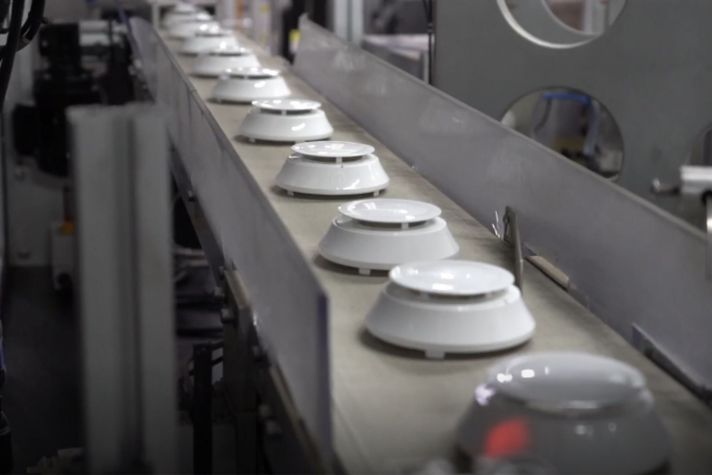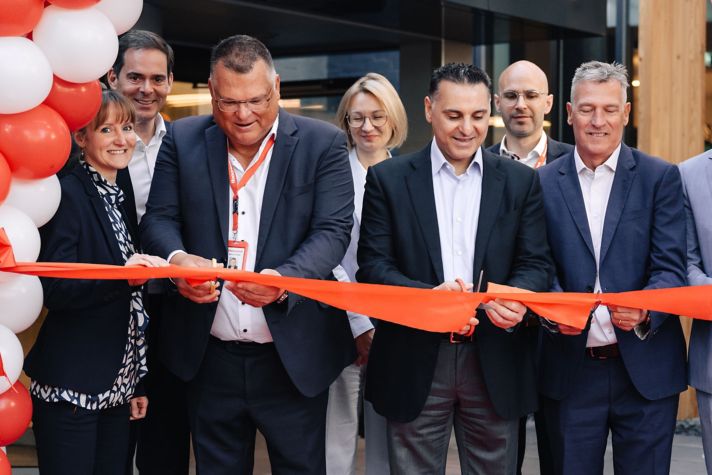In the quest for better building energy efficiency, optimizing asset utilization is critical. Inefficient management and monitoring of building assets such as chillers, HVAC systems, and lighting can create significant operational challenges:
- Increase capital costs with potentially shorter asset lives
- Create unplanned downtime due to unexpected failures risk
- Contribute to added energy costs due to declining equipment and asset health
Regardless of your building type or location, improper asset utilization – whether through overuse or underuse – can undermine efforts to enhance energy efficiency and operational effectiveness.
Real-World Challenges: Learning from Experience
Consider a resort in the Middle East that operated several chillers at just 50% of their peak capacity to try to prolong asset life. This approach failed in two ways, though. First, chillers are most efficient when operating at 75%-80% capacity, so running them at half capacity reduced performance. Second, by running multiple chillers simultaneously at low loads, the resort risked simultaneous end-of-life failures, potentially leading to significant operational disruptions. A more effective strategy would have been to rotate the chillers, keeping some off to extend their longevity thereby potentially delaying costly replacements and helping to reduce the strain on ancillary equipment such as pumps and valves.
Another example comes from a resort in Singapore where the absence of trend analysis in its building control systems led to missed opportunities for optimization. Without a clear baseline, the resort was forced to manually analyze data to achieve compliance with Green Star standards, revealing long-standing issues that had been overlooked during the system's initial commissioning. Similarly, a premium commercial building in Sydney, Australia, effectively used free cooling and heating strategies to extend the life of its chiller plant by at least two years beyond its expected lifespan, demonstrating the tangible benefits of smart asset utilization.
Three Steps to Achieving Optimal Asset Utilization
While challenges may vary across industries, the principles for improving energy efficiency through asset utilization remain consistent. Here are three essential steps:
- Conduct a comprehensive hardware audit: It’s important to conduct a thorough assessment of your building’s existing assets to identify obsolete or near-failure equipment, as these will limit your efficiency efforts regardless of the software or expertise applied. A detailed audit of the assets' ages, conditions and performance across your facilities is the foundation for any optimization strategy.
- Optimize holistically: Assets should not be viewed in isolation. Integrating them through advanced software solutions can help enhance utilization, reduce operating expenses and extend asset life. Although different sites may have diverse systems and equipment, working with innovative partners who offer open protocols and software optimization solutions can help standardize your approach and maximize the potential of your assets.
- Deploy predictive maintenance: Leverage sensors, analytics and machine learning to continuously monitor asset health and performance. Predictive maintenance capabilities can allow you to detect early signs of deterioration, preventing unexpected failures and unnecessary maintenance. This approach prolongs asset life, improves energy efficiency, frees up your workforce for higher-value tasks, and provides opportunities for on-the-job skill development.
Unlocking Efficiency Gains
Maximizing asset utilization is more than just a strategy – it's a pathway to significant energy savings, enhancing operational efficiency and supporting long-term sustainability goals.
By following these steps and partnering with experts like Honeywell, you can transform the way you manage your building assets. To discover how Honeywell can help you reimagine energy efficiency in your buildings, click here or contact your Honeywell representative today.






